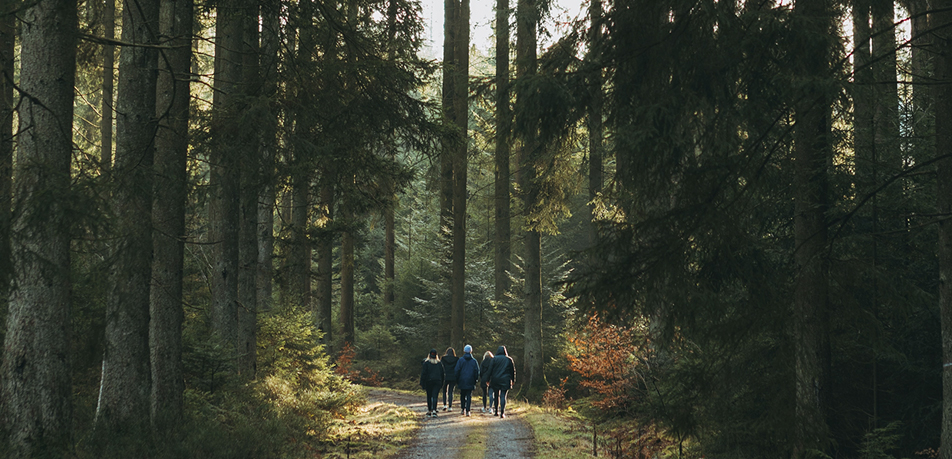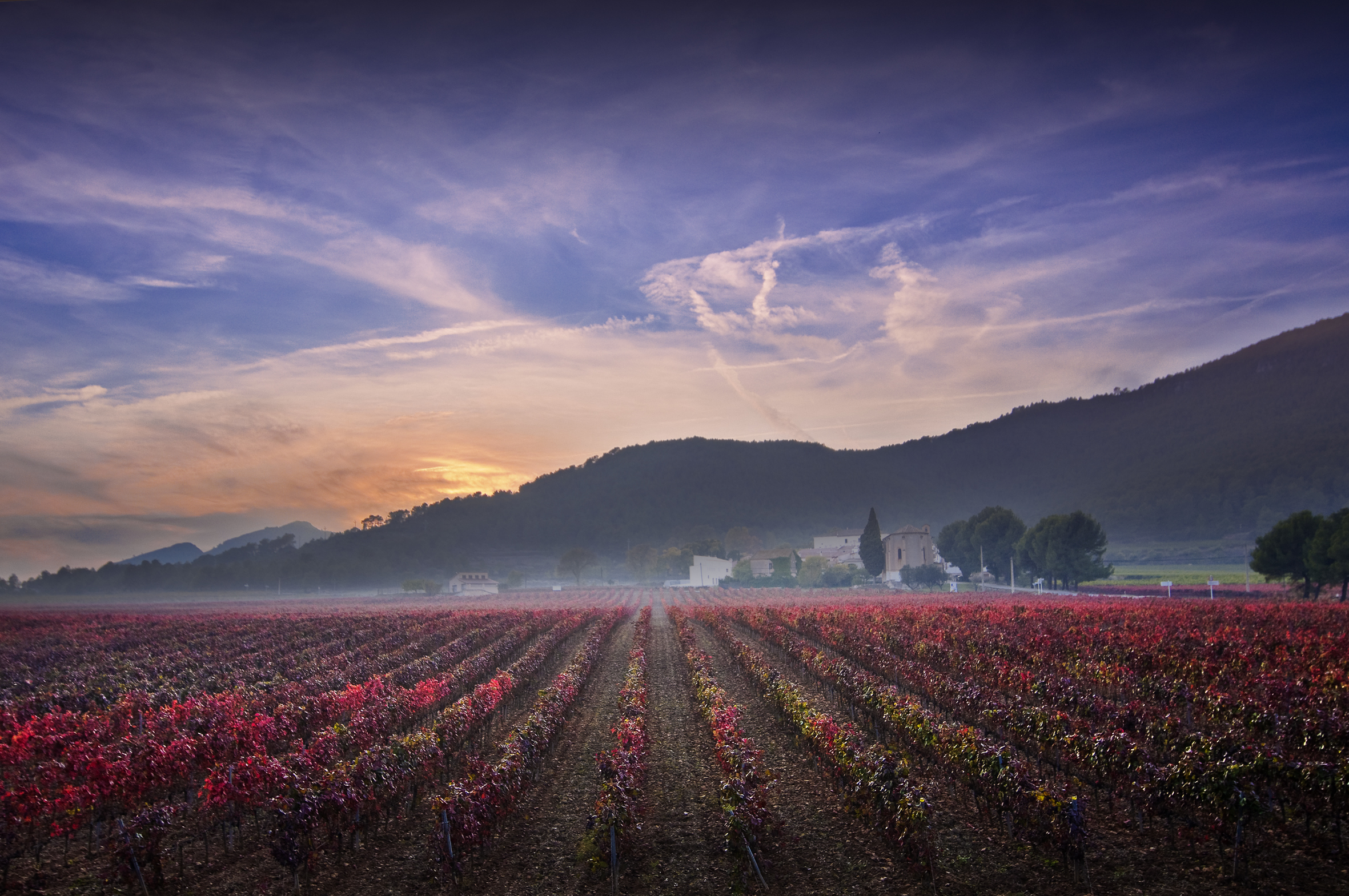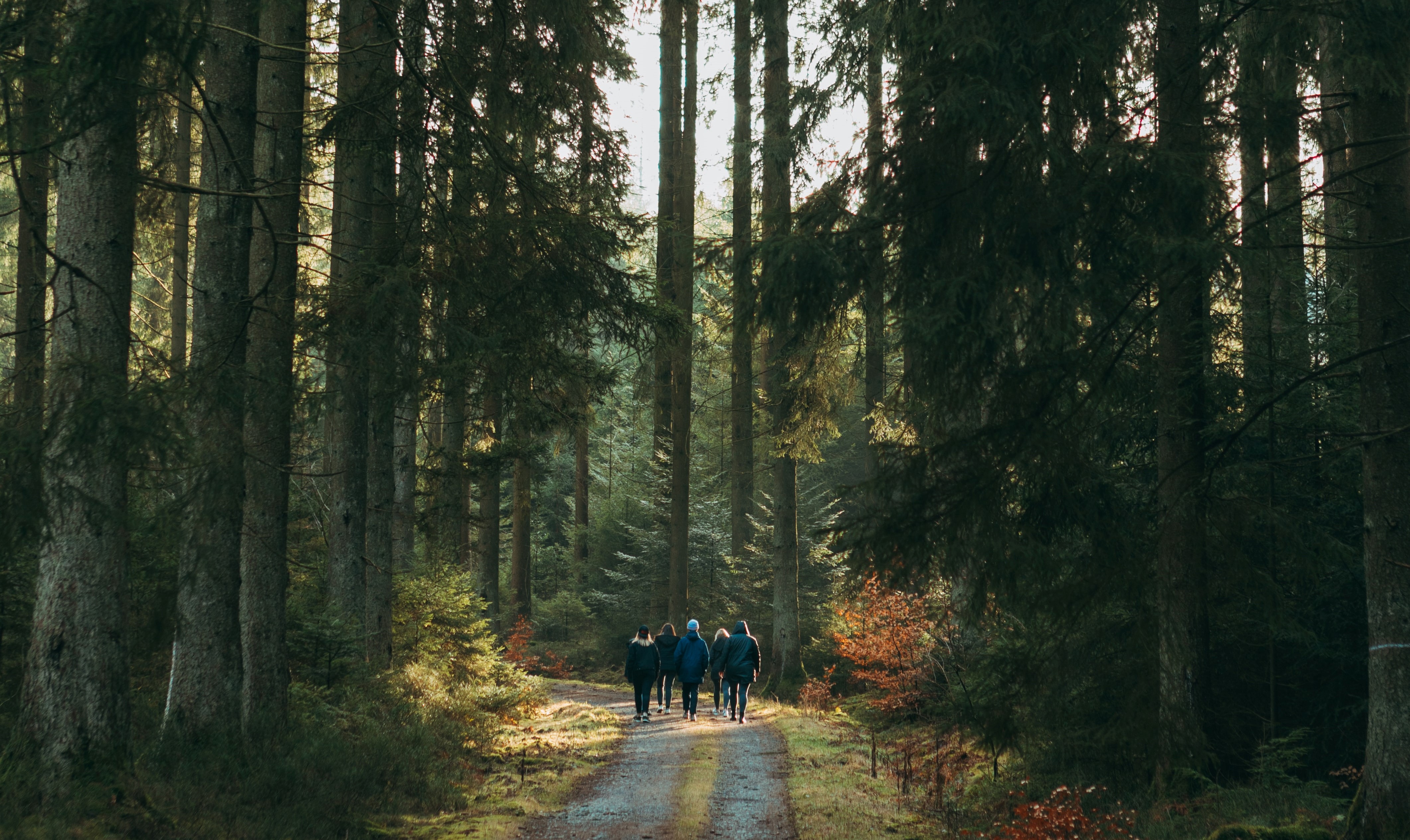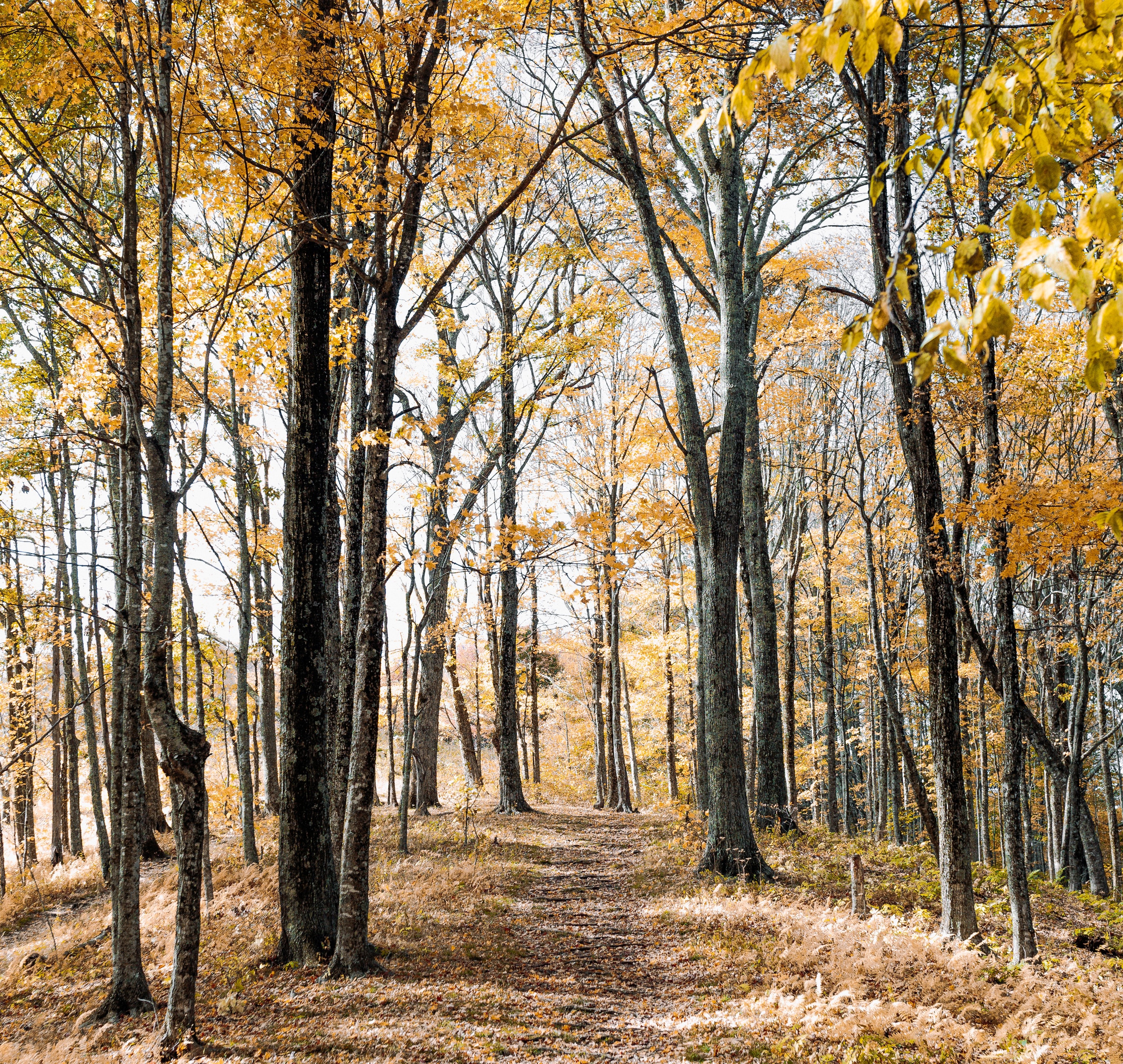The Responsible Hiker

Autumn is one of the loveliest times of year to walk in the great outdoors. The magical colour display of the fields and forests – the reddish golden spread of the vineyards, for example, or the yellow mosaic of the poplar groves – invites us to make the most of our direct contact with nature.

Autumnal vineyards in Aiguaviva (Tarragona), a Familia Torres property
As responsible hikers, we should always let reason and common sense dictate our actions and behaviour. This is why I thought this particular corner of the blog, dedicated to the discovery and conservation of nature, would be a great space to share 8 best practices to keep in mind when out on a hike.
1) Remember: our rubbish can't find its own way home. When packing provisions into your rucksacks make sure to toss in a bin bag to collect your waste and place each item into its container before heading back to town or the city.
2) When bringing fresh foods, it's worth remembering that a lunch box is the most environmentally-friendly and sustainable container out there – much more so than single-use packaging. Instead of cans, plastic bottles, and mini Tetra-Pak cartons, we can opt for reusable water bottles or canteens, which have fallen out of favour since throwaway containers became ubiquitous.
3) Make sure to be respectful of private property. The majority of the fields and forests we will encounter on a hike are privately owned: we can walk through them, but we have be respectful. Don't bother the cattle or wander into crop fields. Stepping on these fields can damage the crops and ruin the hard work of farmers.

A group of hikers walking through a forest in autumn
4) If you're thinking of hiking in a protected nature reserve, it's a good idea to stop in at the visitors centre and ask for information on permitted routes: this will not only protect the natural surroundings from harm but also save us from any potential fines.
5) Never harass the wildlife, not when taking a photo of the animals or a selfie. If you're going to collect plants, do so sparingly. Respect small invertebrates, and don't step on or knock over mushrooms you're not going to pick.
6) Water is the lifeblood of nature; if we contaminate it, we do serious harm. We can respect the streams and brooks by not altering their course and never tossing rubbish into them. Washing with shower gel or soap in lakes or ponds, or washing clothes with laundry detergent on river banks, is forbidden.
7) It might not seem that way, but everything has its role in the “disorganized natural order” of the places we visit. Fallen tree trunks, dead plants, a blanket of dry leaves – even stones provide a habitat for countless living beings within an ecosystem. If we interfere with this order, we can seriously alter the entire ecosystem.

An autumnal forest with leaves turning shades of yellow
8) We must take great care to prevent forest fires. Regardless of the time of year, never light a fire or toss a cigarette butt when out in nature. And remember: at the first sight of smoke, no matter now little, get to safety and call the emergency number (112) as soon as possible.
